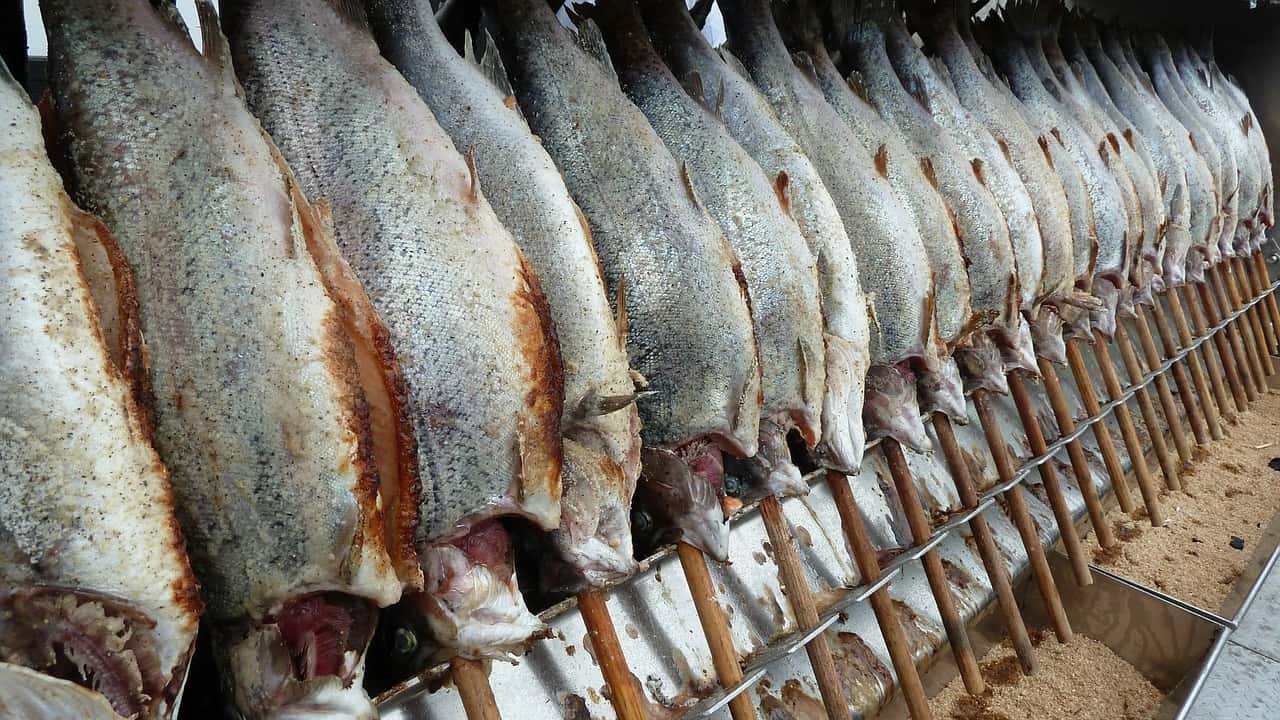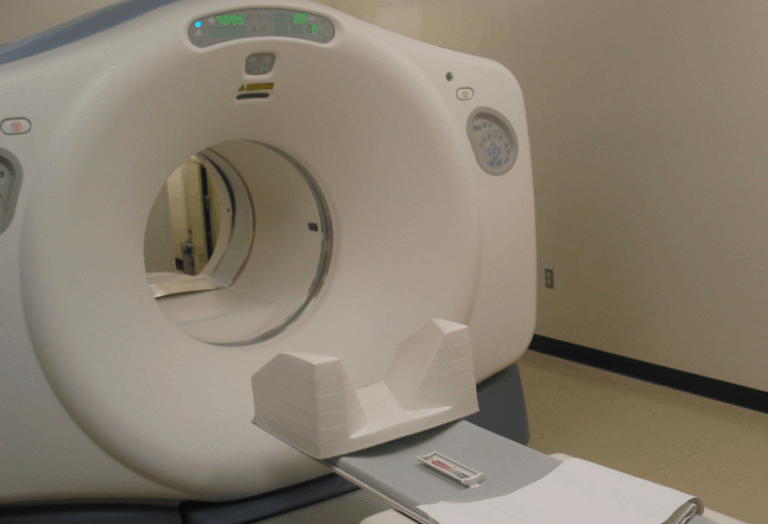A component in fish may stop prostate cancer from spreading, and it could be beneficial in other cancers as well. That’s the word from researchers at the University of Maryland School of Medicine, who identified a protein in Pacific cod that may interfere with prostate cancer metastasis.
Prostate cancer that is localized, that is, has not spread beyond the prostate gland itself or only marginally into the surrounding tissues, is usually considered curable if it is identified and treated. However, once prostate cancer has spread (metastasized) to the lymph nodes and other organs, such as the lungs, bones, and liver, the challenge is considerably greater and the chances of survival decline significantly as the spreading cancer takes over the organs.
Fish may stop prostate cancer: study
In the study, the researchers focused on the TFD (Thomsen-Friedenreich disaccharide) antigen found in fish protein. TFD antigen helps protect fish from freezing. Normal human cells have TFD antigen and it is hidden, but in cancer cells, it can be found on the surface. Scientists believe this antigen is a key player in how cancer spreads.
Therefore, the investigators developed a special TFD antigen (TFD100) made from Pacific cod and used it in animal models of prostate cancer. They discovered that the modified TFD antigen attached itself to galectin-3, a protein found in abundance in prostate cancer cells. Galectin-3 is bad for cancer: it allows cancer cells to stick to the walls of blood vessels and also kills immune system cells that help cancer cells spread and attack the immune system.
The use of TFD100, however, helped prevent cancer cells from binding to the blood vessel walls, suppressed the death of immune system cells that fight cancer, and enhanced immune system response.
The authors concluded that “TFD100 should be a promising anti-metastatic agent for the treatment of various cancers, including prostate adenocarcinoma.” Thus it may one day be possible for scientists to use fish to stop prostate cancer from spreading and that, according to the researchers, “could have a significant impact on improving patients’ outcomes and survival.”
Read more in our Prostate Cancer Health Center.
Reference
Guha P et al. Cod glycopeptide with picomolar affinity to galectin-3 suppresses T-cell apoptosis and prostate cancer metastasis. Proc Natl Acad Sci USA 2013 Mar 26; 110(13): 5052-57







